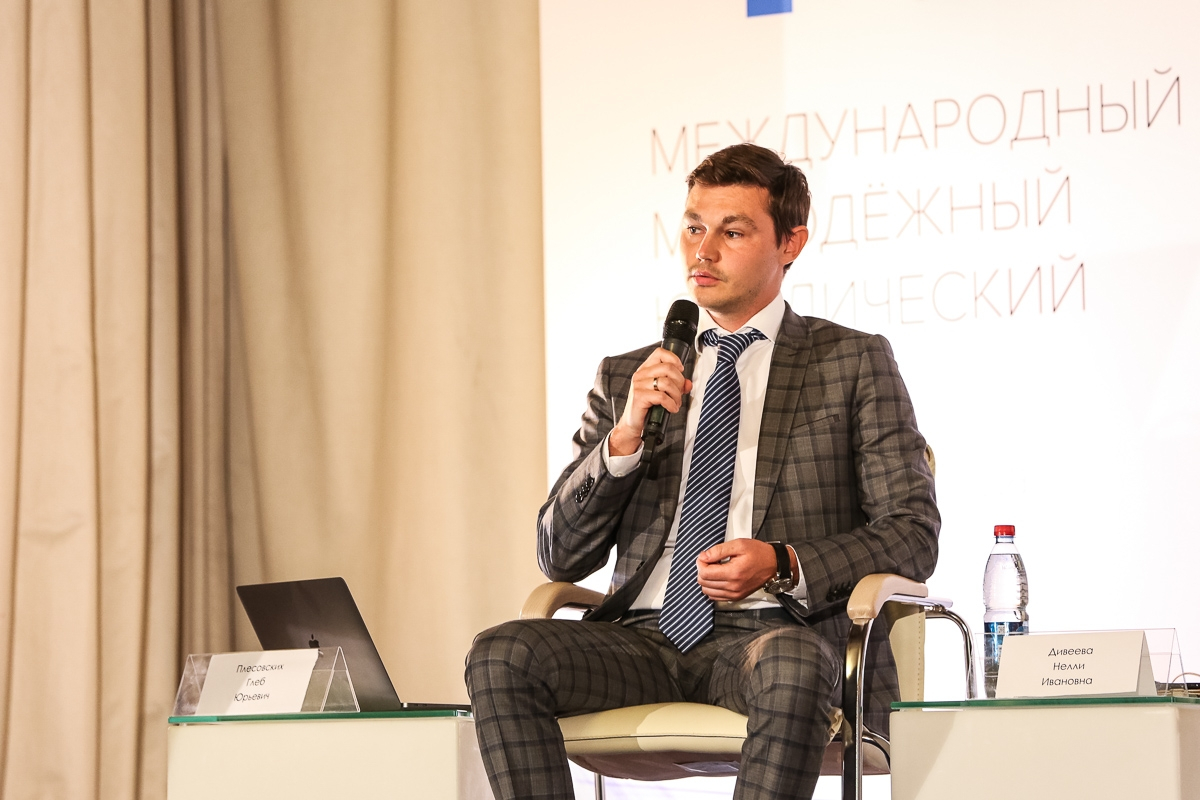The International Youth Legal Forum: fact-checking, programming and time management – what skills set is needed by a successful lawyer today

An enlarged meeting of the Commission of the Association of Lawyers of Russia on the development of a professional skills set has been held at St Petersburg University as part of the 11th International Youth Legal Forum. Experts discussed what knowledge and skills a present-day lawyer needs and where it is possible to acquire them.
The programme ‘Lawyer in the Field of Sports Law (Sports Lawyer)’ opened at St Petersburg University in 2019. The first graduation of sports lawyers will take place in 2021.
According to the participants of the International Youth Legal Forum, present-day university graduates, even with a good theoretical background, do not immediately find themselves in the profession. This is due to the lack of relevant skills sets that ensure competitiveness in the labour market. Among such skills, for example, are the ability to present their achievements and results to the employer, and time management skills.
However, first and utmost for a lawyer is a solid theoretical background. Gleb Plesovskikh is Chairman of the Moscow Bar Association AiB and a member of the Commission of the Association of Lawyers of Russia for the Development of Professional Competencies. He thinks that although flexible skills increase the chances of success in the first job, they can never compensate for the lack of knowledge gained in the process of a classical education.
At the same time, the participants in the discussion noted that graduation from a university does not mean that studying stops. For a lawyer, everything just begins at this stage. Then there are master's programmes, advanced training and retraining programmes, online courses, and internships. All these will contribute to building their career.
Those specialists who choose a narrow area of legal expertise will have to give a second thought to their fundamental professional competencies. ‘For example, a lawyer who has made a choice in favour of sports law will have to learn: the mechanism for checking and analysing the balance of interests of the participants in relations; interpreting the regulations of sports federations; the practice of law enforcement agencies in sports; and how to monitor the practice of applying the above-mentioned regulations and to create legal certainty for sports entities,’ noted Ilia Vasilev, Associate Professor of St Petersburg University and Academic Supervisor of the master's programme ‘‘Lawyer in the Field of Sports Law (Sports Lawyer)’.
Students in the sports law programme at St Petersburg University are taught to interpret different types of legal documents: not only regulations and acts, but also law enforcement decisions, contracts and agreements such as the transfer of football players. Ilia Vasilev believes that the secret of the success of a lawyer working in the sports dispute resolution system is the constant revision of their own professional skills set.
The forum participants discussed the skills set, the need for which is becoming more and more obvious with the development of innovations. Vladislav Arkhipov is Head of the Department of Theory and History of State and Law at St Petersburg University and Counsel in the global law firm Dentons. He explained that organisations are increasingly resorting to the use of digital platforms to manage legal functions.
This requires from lawyers not only legal knowledge and the basics of information programmes, but also an understanding of the mechanism of building business processes in the digital form.
Vladislav Arkhipov said that among the rudimentary skills of a lawyer are digital hygiene and information ethics. An expert needs to know how to: search efficiently and securely for information; understand digital tools for protecting personal data; and use the rules for managing copyright.
Some experts believe that today a lawyer should think about getting at least minimal programming skills. Vladislav Arkhipov noted that at present this requirement is not necessary. However, one day this skill might become important – at least in terms of setting proper technical design specifications for IT specialists.
Another issue raised during the discussion was how a present-day lawyer can abstract their mind from different versions of a particular dispute or situation published on social media or mass media. Vladislav Arkhipov believes that the media coverage might influence a lawyer. However, it is currently becoming a requisite skill to develop a reflex not to trust information if it has not been fact-checked or they have not found proofs or confirmation of reliability.

